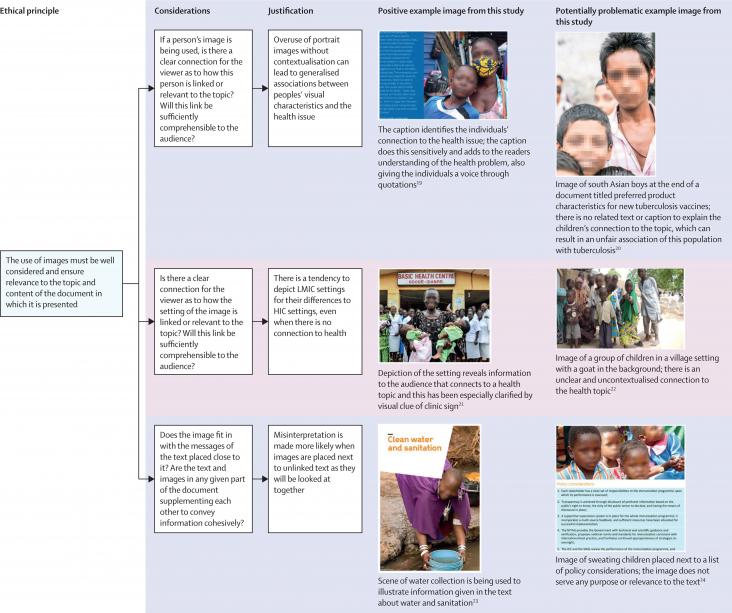This Study supports SDGs 3, 5 and 10 by highlighting the significant variability in insurance coverage of Prophylactic Mastectomy (PM) between companies which can lead to further inequalities in access to this breast cancer risk reducing procedure. Physicians and patients alike should advocate for fair and equal access to PM for certain clinical indications.
Development of plant based meat analogues for sustainable food systems.
Behcet's disease is a systemic vasculitis that can manifest as an intracardiac thrombus, which is rare but a serious complication.
This Article supports SDG 3 by characterizing unmet needs and experiences of caregivers of patients with Erdheim-Chester disease and other histiocytic neoplasms and identifies factors associated with finding benefit and meaning-making in providing care for patients with rare cancers.
This Article supports SDGs 3, 5 and 10, summarizing a discussion on workplace flexibility held by the AAWR at the RSNA 2021 Scientific Assembly and Annual Meeting, and highlighting the positive impact various aspects of flexible work arrangements have on women.

This Health Policy paper supports SDGs 3 and 10; the authors did an empirical analysis of the use of imagery by key global health stakeholders and showed that the narrative currently depicted in imagery is one of power imbalances, depicting women and children from low-income and middle-income countries with less dignity, respect, and power than those from high-income countries.
This report supports SDGs 3 and 13 by monitoring and evaluating the effects of climate change on health in Europe, and the benefits to health of climate action. By tracking 33 indicators in a variety of domains, the report shows that climate-related health risks in Europe are accelerating, and current adapation and mitigation strategies are insufficient. Ambitious strategies are required to prevent worsening harms to human health.
This report supports SDGs 3 and 13 by examining the health effects of climate change globally. It notes the severe harms and health risks being caused by climate change around the world, such as increased extreme weather events, heatwaves, spread of infectious diseases, and threats to food security. It notes the critical need for long-term emissions reduction policies, with a move away from fossil fuels to clean energy sources.
This Article supports SDGs 3 and 13 by using credible climate and population projections to estimate future heatwave-attributable deaths under different emission scenarios and to explore the drivers underlying these patterns of changes in China.
Background: Evidence on associations between COVID-19 illness and mental health is mixed.
